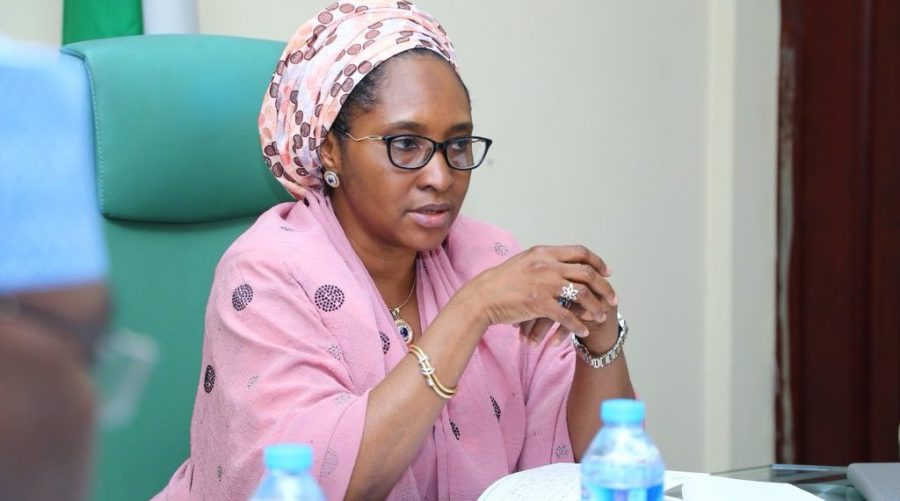The Federation Account Allocation Committee (FAAC) disbursed the sum of N617.57 billion to the three tiers of government in April 2019. This is according to the latest FAAC report released by the National Bureau of Statistics (NBS).
The report shows that Nigeria’s revenue allocation dropped by 4.8% in April 2019 after the sum of N617.57 billion was disbursed, compared to N649.19 billions that was disbursed in March.
The Details: The amount disbursed comprised of N446.65 billions from the Statutory Account, N92.18 billions from Valued Added Tax (VAT), N55 billion as Good and Value Consideration, N10 billion as Additional Funds From NNPC, N13.09 billion distributed as FOREX Equalisation Fund, and N652.55 millions exchange gain differences.
FG received the lion share: Just like in the previous months, the Federal Government (FG) received the highest share of the entire allocation in April 2019. Specifically, the Federal Government received a total of N257.76 billion from the N617.57 billion, states received N168.25 billions, and Local Governments received N126.58 billions. The sum of N49.82 billions was shared among the oil-producing states as 13% derivation fund.
More Details: Also, revenue generating agencies such as Nigeria Customs Service (NCS), Federal Inland Revenue Service (FIRS) and Department of Petroleum Resources (DPR) received N5.12 billions, N6.15 billions and N3.87 billions respectively as cost of revenue collections.
Delta received the most: Despite the drop in revenue allocation to States, Delta State still maintained the top spot among the list of states with the highest gross revenue allocation. The State received N20.4 billion in April 2019.
Akwa Ibom also maintained its second position with N15.8 billion and Rivers ranked third highest recipient with N13.7 billions. Lagos State ranked 4th with N12.8 billions allocation for the review period.
Meanwhile, Bayelsa and Kano ranked five 5th and 6th highest recipients with N12.6 billions and N6 billions respectively. Further analysis shows that the top 5 states scooped 35% of the total revenue allocation for the month.
On the other hand, Osun (N3.9 billion), Gombe (N3.9 billion), Nassarawa (N3.8b billion), Ebonyi (N3.8 billion), Ekiti (N3.79 billion), and Kwara (N3.77 billion) all received the lowest share of April allocation respectively.
South-South States scooped N72 billions: Out of the six geopolitical zones, the South-South zone received the biggest of N72.7 billions, representing 33.3% of the total allocation. Both Northwest and Southwest both scoop N35 billions each for the period under review.

Also, the North East received N31 billions, while South East and North Central scooped the lowest share of allocation with N22.2 billions and N21.2 billions respectively.
Upshots: Seeing as many states are struggling to meet their financial obligations, a reduction in revenue allocation from the Federal Government could further compound their financial difficulties. On the flip side, this should serve as a challenge to state governors to seriously consider increasing their internally generated fund.
In just a few days, the newly elected governors will be sworn into power across States in Nigeria. They should brace-up for the task ahead. For instance, there is the N30,000 minimum wage increment which they must implement. Since many states depend mainly on federal allocation to keep the States running, it is not out of place to point out that there could be trouble between state governors and the organised labour; especially if state governors are eventually unable to pay the minimum wage.












